Situation Analysis of Women with Disabilities in Disaster Risk Reduction (DRR) and Climate Change
The Situation Analysis of Women with Disabilities in Disaster Risk Reduction (DRR) and Climate Change, held in Karnali, aimed to assess the challenges faced by women with disabilities during disaster situations, particularly in the context of increasing climate risks. With 29 participants, the session served as a platform for identifying the compounded vulnerabilities that women with disabilities face when disasters and climate change intersect.
Key aspects discussed included:
- Intersectionality of Gender, Disability, and Environmental Risks:
- The workshop focused on how gender and disability intersect, leading to compounded vulnerabilities for women with disabilities in disaster and climate change scenarios.
- Women with disabilities are often more at risk due to physical, social, and cultural barriers, which limit their access to disaster relief, evacuation procedures, and climate adaptation measures.
- Challenges and Vulnerabilities:
- The discussion highlighted how women with disabilities experience heightened difficulties in disaster preparedness, response, and recovery.
- Existing systems for disaster risk management were identified as largely non-inclusive, leaving women with disabilities more exposed to physical and environmental dangers.
- Gaps in Disaster Management Systems:
- The analysis identified significant gaps in current disaster management strategies, including the lack of inclusive frameworks for women with disabilities.
- The need for specialized policies and training for disaster management professionals to address the specific needs of women with disabilities was emphasized.
- Recommendations for Disability-Inclusive DRR:
- Participants called for integrating disability-inclusive strategies into national and local DRR and climate change adaptation policies.
- Suggested strategies included the development of accessible disaster preparedness plans, tailored evacuation procedures, and ensuring that disaster relief and recovery efforts are inclusive of women with disabilities.
- Goal:
- The overarching aim was to make disaster preparedness more inclusive and responsive to the diverse needs of all individuals, with particular attention to those with disabilities, ensuring they are not left behind during climate change adaptation and disaster risk reduction efforts.
The workshop emphasized the need for greater collaboration, advocacy, and policy changes to ensure that women with disabilities are fully integrated into disaster management and climate change initiatives.
Description
The Situation Analysis of Women with Disabilities in Disaster Risk Reduction (DRR) and Climate Change, held in Karnali, aimed to assess the challenges faced by women with disabilities during disaster situations, particularly in the context of increasing climate risks. With 29 participants, the session served as a platform for identifying the compounded vulnerabilities that women with disabilities face when disasters and climate change intersect.
Key aspects discussed included:
- Intersectionality of Gender, Disability, and Environmental Risks:
- The workshop focused on how gender and disability intersect, leading to compounded vulnerabilities for women with disabilities in disaster and climate change scenarios.
- Women with disabilities are often more at risk due to physical, social, and cultural barriers, which limit their access to disaster relief, evacuation procedures, and climate adaptation measures.
- Challenges and Vulnerabilities:
- The discussion highlighted how women with disabilities experience heightened difficulties in disaster preparedness, response, and recovery.
- Existing systems for disaster risk management were identified as largely non-inclusive, leaving women with disabilities more exposed to physical and environmental dangers.
- Gaps in Disaster Management Systems:
- The analysis identified significant gaps in current disaster management strategies, including the lack of inclusive frameworks for women with disabilities.
- The need for specialized policies and training for disaster management professionals to address the specific needs of women with disabilities was emphasized.
- Recommendations for Disability-Inclusive DRR:
- Participants called for integrating disability-inclusive strategies into national and local DRR and climate change adaptation policies.
- Suggested strategies included the development of accessible disaster preparedness plans, tailored evacuation procedures, and ensuring that disaster relief and recovery efforts are inclusive of women with disabilities.
- Goal:
- The overarching aim was to make disaster preparedness more inclusive and responsive to the diverse needs of all individuals, with particular attention to those with disabilities, ensuring they are not left behind during climate change adaptation and disaster risk reduction efforts.
The workshop emphasized the need for greater collaboration, advocacy, and policy changes to ensure that women with disabilities are fully integrated into disaster management and climate change initiatives.

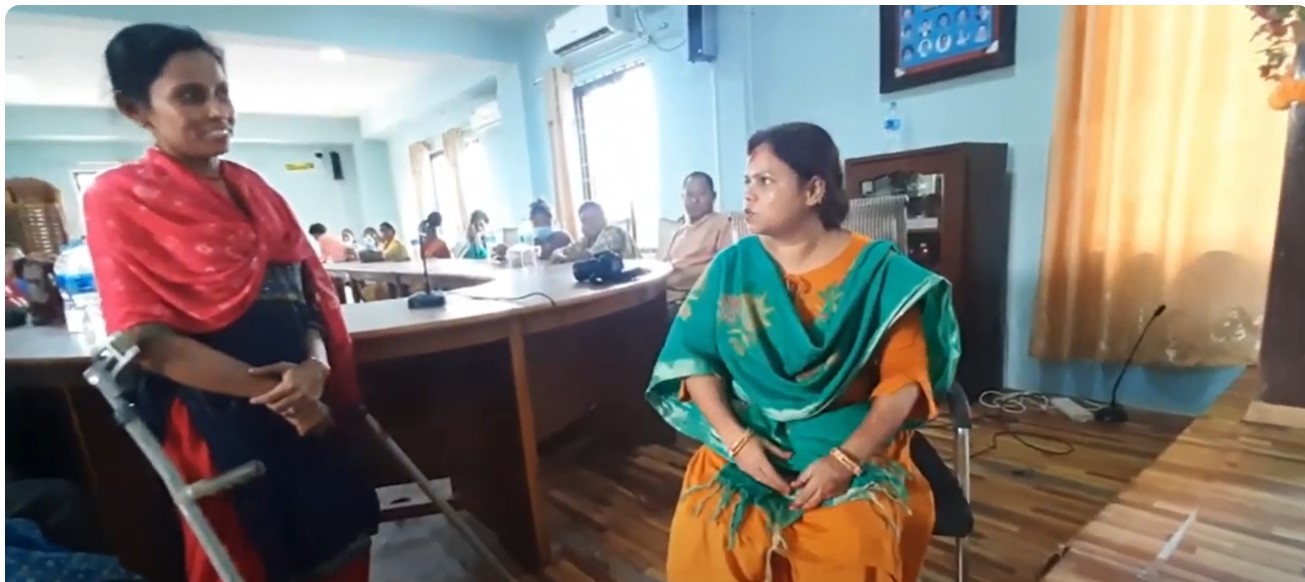
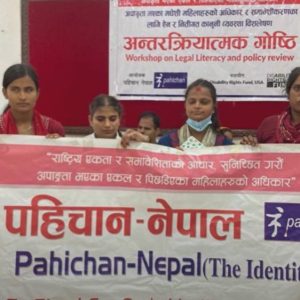
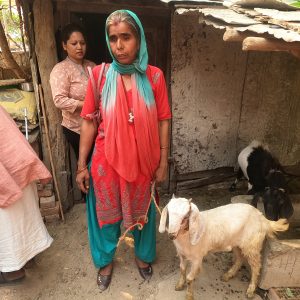
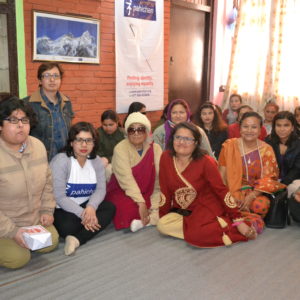
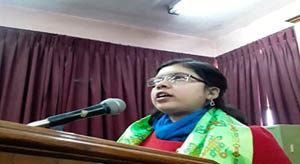


Reviews
There are no reviews yet.